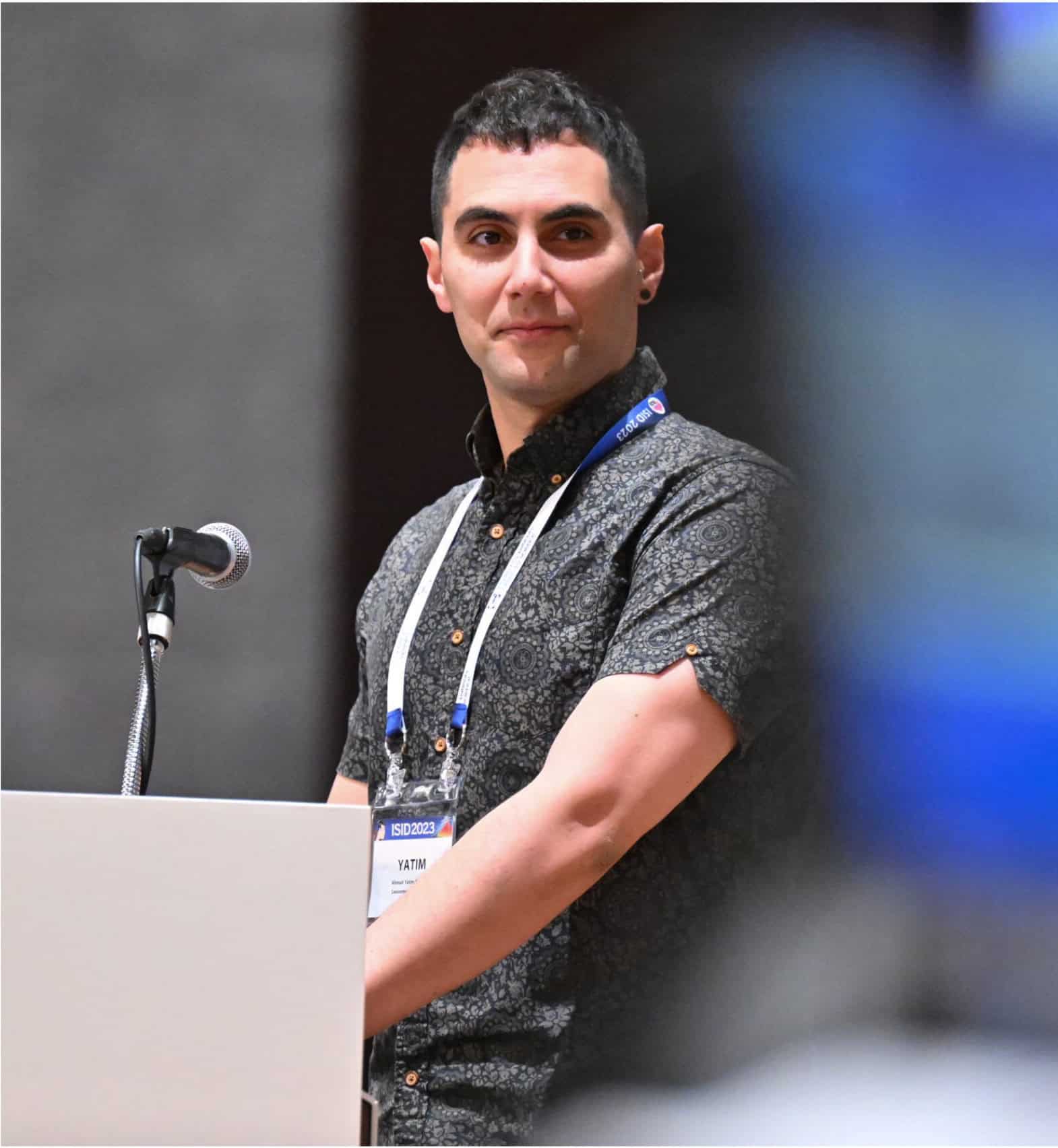Cutaneous squamous cell carcinomas (cSCC) are among the most common cancers, with a 100-fold increased risk in immunosuppressed patients. Compromised immunity, sun exposure, and human papillomavirus (HPV) infections are the three pillars of cSCC development. By focusing on Epidermodysplasia Verruciformis (EV), a rare condition that weakens immunity against HPV and dramatically increases the risk of skin cancers, the project aims to uncover how specific genetic mutations impair the body’s defense against skin cancer.
Dr. Yatim will first use cutting-edge genomic technologies to discover new mutations causing EV. Then, using advanced microfluidic systems, he will build a vascularized artificial skin containing tumors (‘tumor-on-chip’) to closely recapitulate tumor-immune cell interactions in a small device. The artificial tissue will be perfused with patient-derived immune cells to study their behavior and understand how the mutations affect their ability to eliminate tumor cells. The work promises to shed light on how immune cells traffic in the skin and interact with the tumors. The success of this project could impact genetic counseling and the development of new therapies, offering hope to patients affected by EV.
Projects and Grants
Epidermodysplasia Verruciformis as a model to understand cancer immunosurveillance
The Rockefeller University | All Cancers | 2024 | Jean-Laurent, Casanova, MD, PhD

